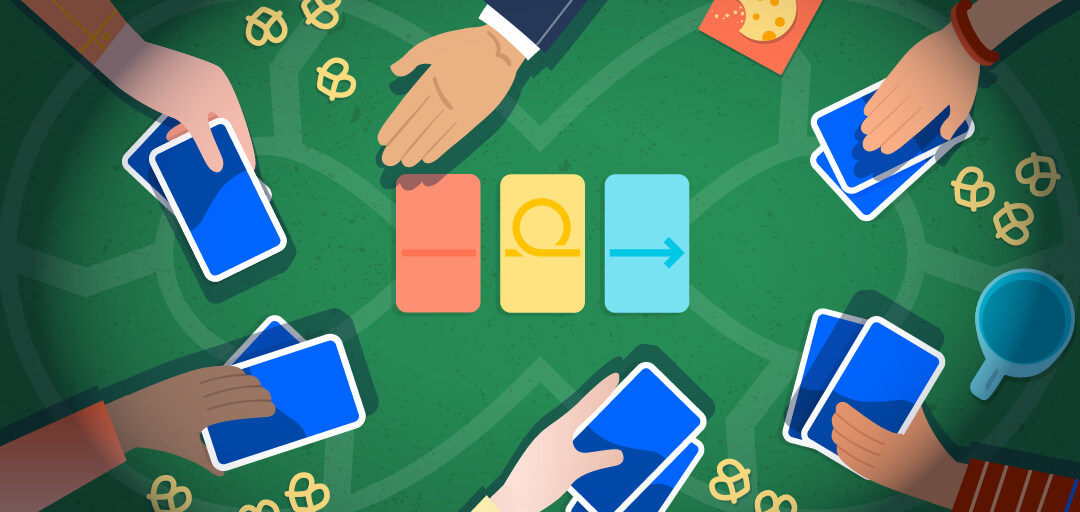Poker is more than just a card game; it’s a subtle art of strategy, psychology, and probability calculation. Whether you’re a novice or looking to enhance your skills, here are some essential tips to guide you in learning poker.
1. Understand the Basic Rules
Before delving into advanced strategies, make sure you have a solid understanding of the basic rules of poker. Familiarize yourself with different variants such as Texas Hold’em, Omaha, and Seven Card Stud. A strong grasp of the rules is the first step to becoming a competent player.
2. Start with Texas Hold’em
Texas Hold’em is the most popular variant of poker and serves as an excellent starting point for beginners. Focus on this variant to gain experience and understand the dynamics of the game.
3. Observe and Learn
Watch professional poker games on television or online. Observing experienced players can give you insights into strategies to adopt in different situations. Pay special attention to decisions made by professional players and try to understand their reasoning.
4. Manage Your Bankroll
Bankroll management is crucial for any poker player. Set aside a budget for gaming and stick to it. Never bet more than you can afford to lose. Prudent money management is key to staying in the game in the long run.
5. Practice Regularly
Like any skill, practice is essential for improving at poker. Participate in friendly games with friends or join online tournaments to hone your skills. The more you play, the more you’ll develop your instinct and understanding of the game.
6. Understand Probabilities
Having a basic knowledge of probabilities is a major asset in poker. Understand the chances of forming winning combinations and use this information to make informed decisions during the game.
7. Work on Your Poker Face
Psychology plays a significant role in poker. Working on your “poker face,” meaning your neutral facial expression, can help you throw off your opponents and prevent them from guessing your intentions.
8. Analyze Your Games
After each gaming session, take the time to analyze your performance. Identify mistakes you made and look for ways to avoid them in the future. Continuous learning is the key to progressing in poker.
Conclusion
Learning poker is an ongoing process that requires time and patience. By following these tips and staying committed to your learning, you’ll develop the necessary skills to become a competent and confident poker player. Good luck at the table!
